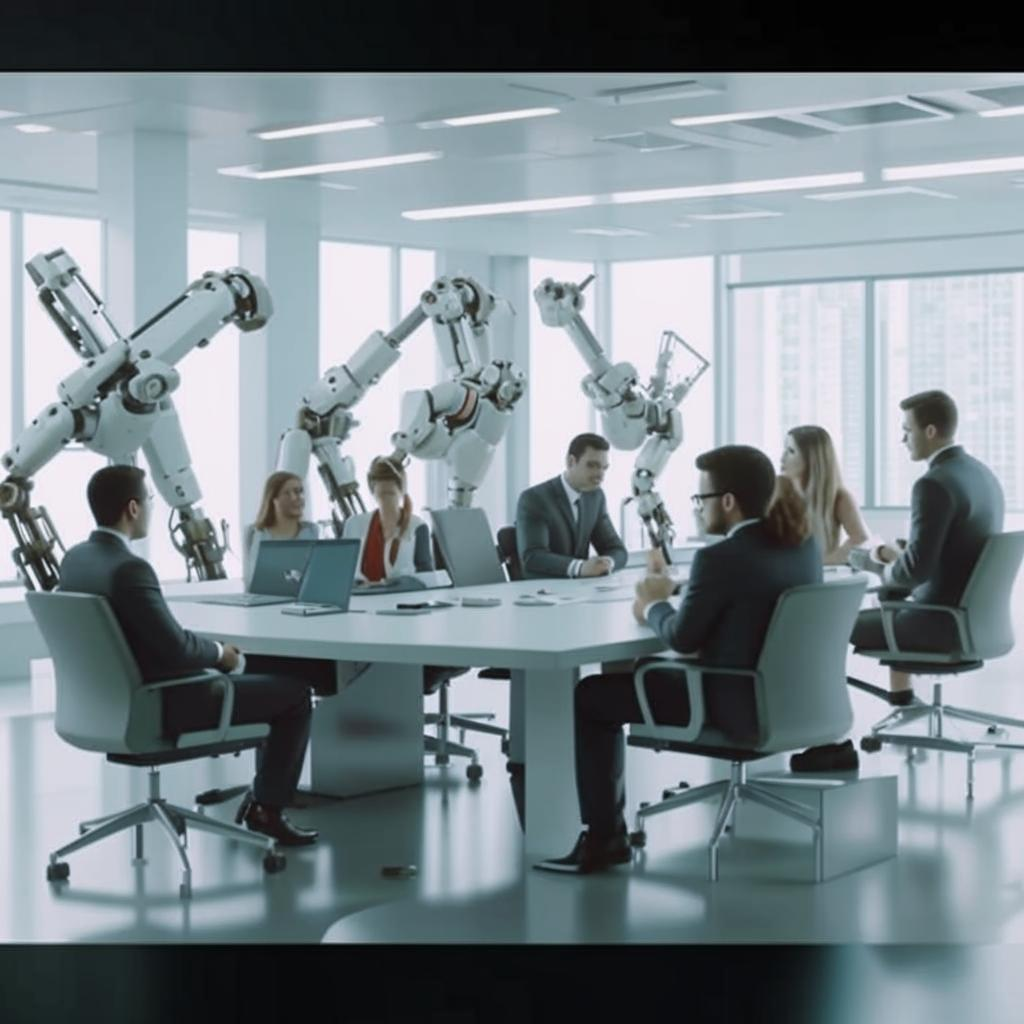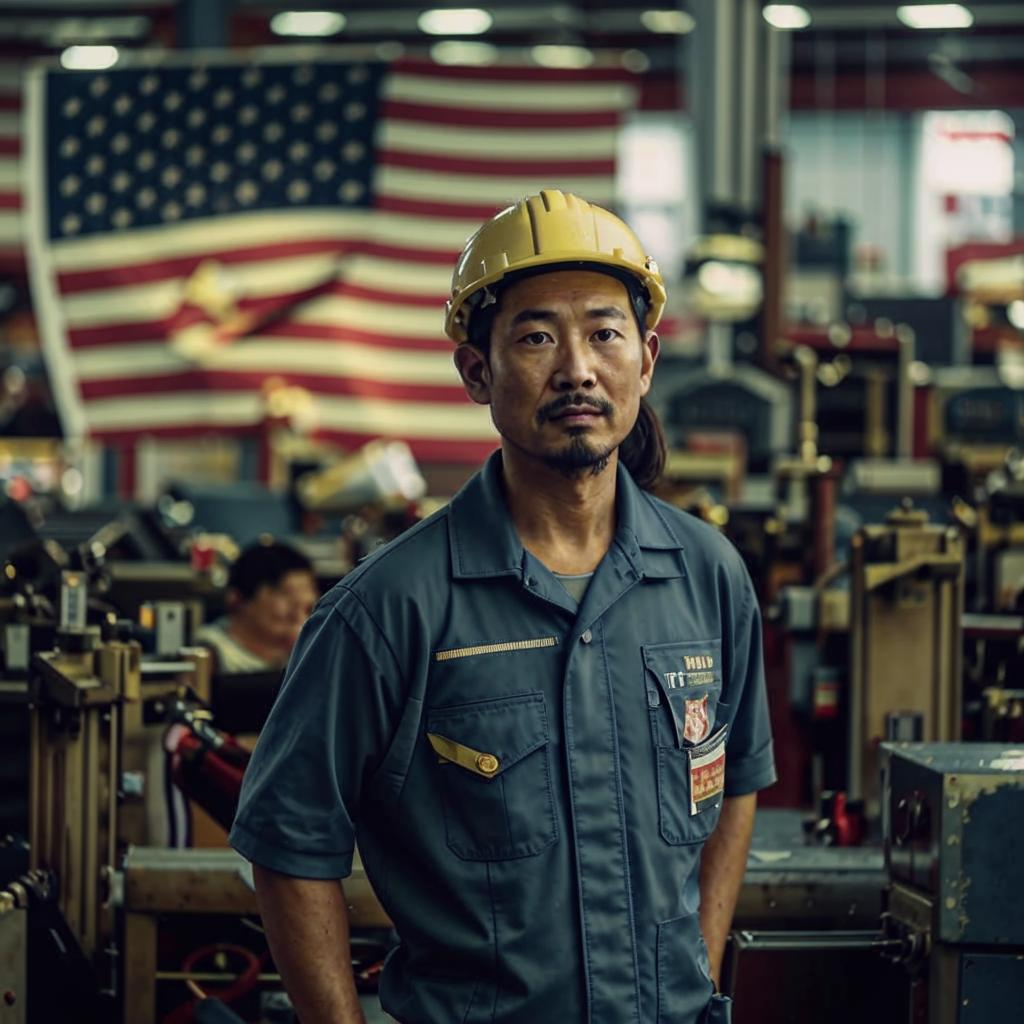Automation’s impact on the future of work sparks both excitement and trepidation. While AI and robotic technologies promise increased efficiency and economic growth, many worry about job displacement and the need for widespread reskilling. White-collar roles, once considered safe from automation, are now increasingly vulnerable as AI tools become proficient in tasks like content creation, data analysis, and even legal research. This shift necessitates a proactive approach from businesses, governments, and educational institutions.
Companies must invest in training programs to equip workers with the skills needed to thrive in an AI-driven economy. Governments should consider policies that support displaced workers and promote lifelong learning. Education systems need to adapt curricula to emphasize critical thinking, problem-solving, and creativity – skills that are difficult to automate.
The conversation surrounding automation extends beyond job losses. Ethical considerations, such as bias in algorithms and the potential for misuse of AI, must be addressed. A human-centered approach to automation is crucial, ensuring that technology serves to augment human capabilities rather than replace them entirely. The future of work hinges on our ability to navigate these challenges and harness the transformative power of AI for the benefit of all. Ultimately, responsible development and implementation are key.















